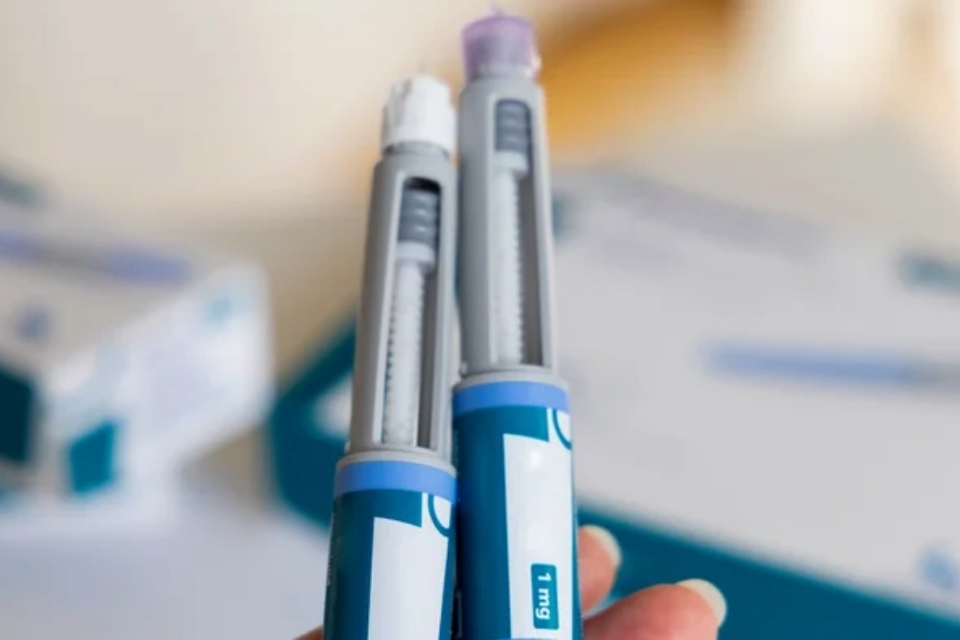While many of us may feel that the Covid-19 chapter is behind us, along with PCR tests, mask mandates and daily case updates, the virus continues to persist in the form of new variants. One such variant that has recently emerged is NB.1.8.1, a name that might have caught your attention in recent headlines or social media posts.
This newly identified sub-variant hasn’t caused widespread alarm, but it has piqued the interest of scientists and health officials. The UK Health Security Agency (UKHSA) announced this week that NB. 1.8.1. has so far been detected in small numbers within the UK.
However, international data suggests that this sub-variant is gradually accounting for an increasing proportion of global Covid-19 cases, reports Wales Online.
Wales Online sought the expertise of some GPs to understand what distinguishes the NB. 1.8.1 Covid variant from others. Is it more infectious, more resistant to immunity, or simply another step in Covid’s slow evolution?
Here’s what they’ve discovered so far….
What exactly is the new NB. 1.8.1 Covid variant and where did it originate?
“The NB.1.8.1 variant, also referred to as Nimbus, is a new strain of the Covid-19 virus that has emerged due to mutations in its genetic material,” explains Dr Naveed Asif, GP at The London General Practice.
It’s a sub-variant of Omicron, adds Dr Chun Tang, GP at Pall Mall Medical.
“Variants like this pop up when the virus mutates, which is normal for viruses, especially ones that spread widely,” explains Tang. “NB.1.8.1 was first picked up in early 2025 and has since been detected in several countries, including the UK, China and US. It’s got some new mutations that scientists are keeping a close eye on.”
How does Nimbus differ from previous variants?
“NB.1.8.1 isn’t too different from the Omicron variant, but it does have some tweaks to its spike protein, which might make it spread a bit more easily or slip past some of our existing immunity,” says Tang. “That said, early signs suggest it doesn’t seem to cause more serious illness, but of course, we’re still learning more about it.”
Nonetheless, Nimbus seems to be more contagious than prior variants, with significant increases reported in India, Hong Kong, Singapore, and Thailand, Asif points out.
“Its spread has been identified in around 22 countries,” says Asif. “The World Health Organization (WHO) assesses the additional risk to the global public as currently low, and existing Covid-19 vaccines are considered effective in preventing severe disease.”
How is Nimbus spreading?
“It’s spreading in the usual way, person to person, mainly through respiratory droplets when people cough, sneeze or even just talk closely,” says Tang. “Like other variants, it can hang around in the air in poorly ventilated spaces.”
What symptoms should people be vigilant for with the Nimbus Covid variant?
“Common symptoms of the NB.1.8.1 variant include severe sore throat (described as a “razor blade sensation”), fatigue, mild cough, fever, muscle aches and congestion,” informs Asif. “However, symptoms can vary widely so vigilance is key.”
What are the treatment options for Nimbus?
“Treatment for Nimbus generally aligns with that for other Covid-19 variants,” Asif explains. “Most individuals will recover at home with rest, hydration, and over-the-counter medications for symptom management.
“For those with severe symptoms or high-risk complications, antiviral medications or monoclonal antibody treatments may be recommended. Always consult your GP for personalised advice.”
How can you prevent contracting the Nimbus variant?
“If someone in the house is feeling poorly, try to keep some distance and clean shared surfaces regularly.”
“Make sure everyone’s up to date with their Covid-19 jabs, especially boosters,” recommends Tang. “Wash your hands regularly, keep rooms well ventilated, and consider popping a mask on in busy places or if you’re around people who are more vulnerable.
When should you consult a GP about Covid?
“Seek medical advice if you experience Covid-19 symptoms, especially if they worsen or if you have underlying health conditions that increase your risk,” Asif recommends. “Additionally, consult your GP if you’ve been in close contact with someone who has tested positive for the NB.1.8.1 variant or if you have health concerns.”





